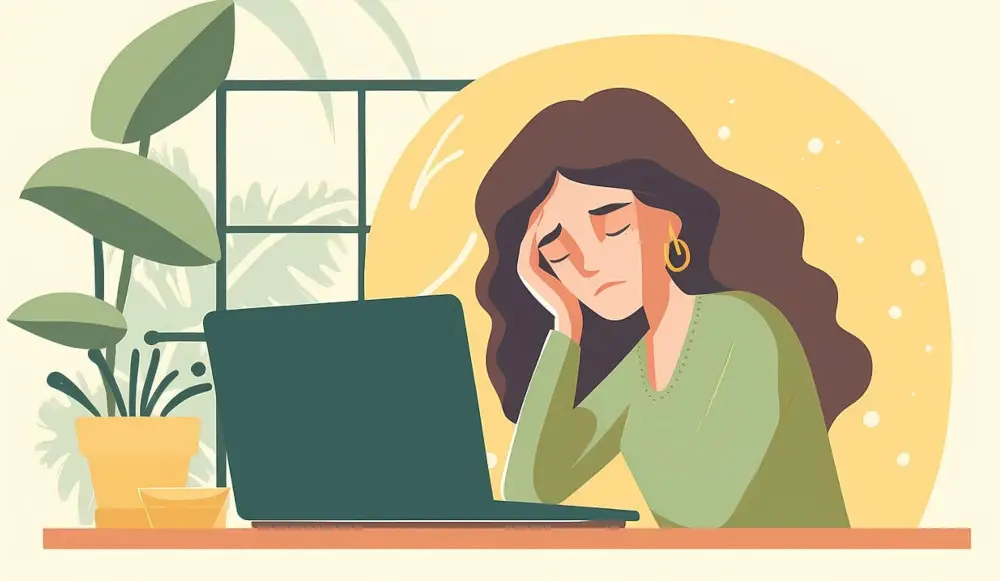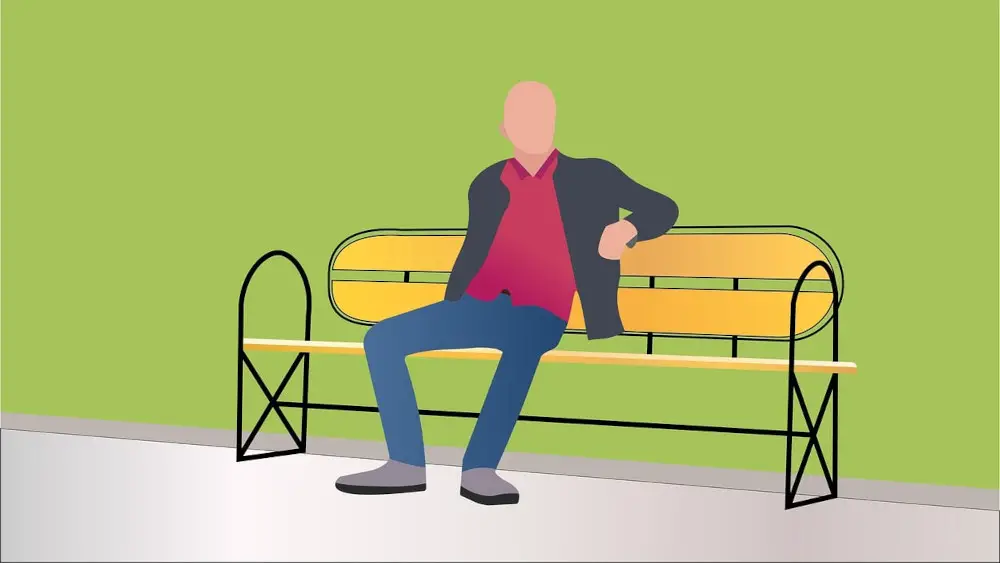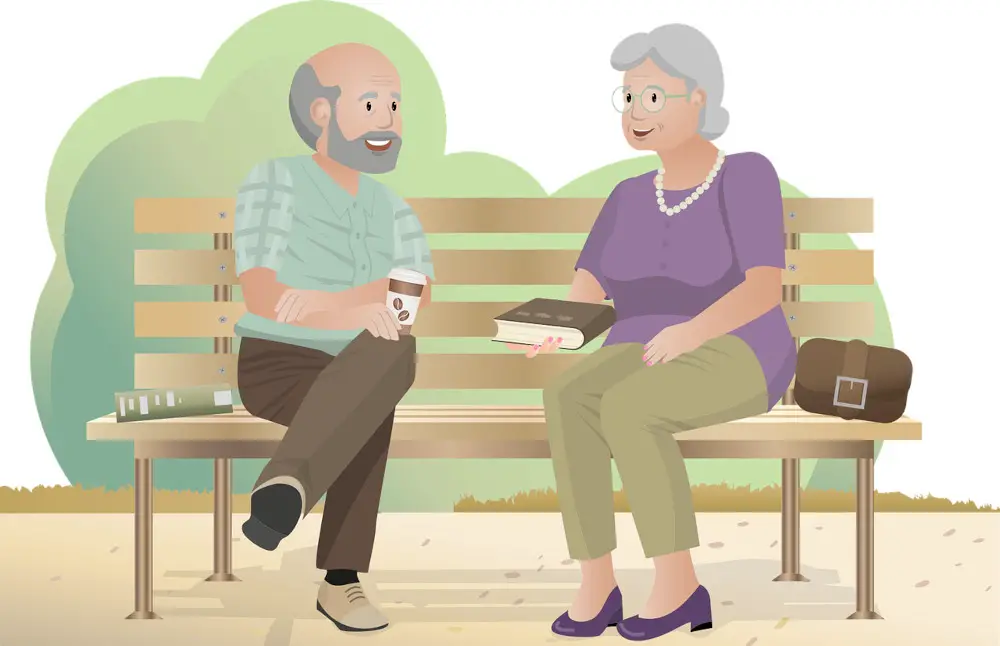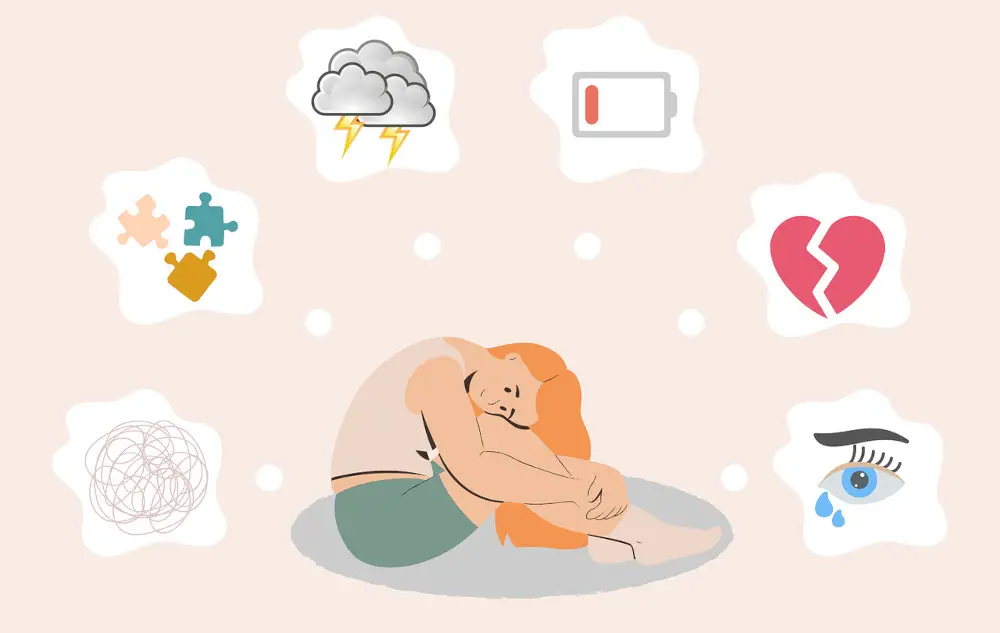It was a sunny Saturday afternoon and finally, I had a chance to relax after a grueling 60-hour workweek.
As I sank into the couch with my laptop, ready to catch up on emails and to-do lists, my eyes began to glaze over. The cursor blinked mockingly on a blank page titled “Blog Post: How to Avoid Burnout…”
With a sigh, I pushed my laptop away. I knew that I needed to take a break, but there was always so much to do.
My boss expected me to be available nights and weekends. Our clients depended on my quick responses. And my coworkers were counting on me to pull my weight on multiple projects with impending deadlines.
I glanced guiltily at my silent phone, knowing it was only a matter of time before it started buzzing with new tasks and responsibilities. I felt exhausted, unmotivated, and empty, like a phone battery drained to 0%.
I’d heard people talk about burnout before, but I didn’t have time for breaks or self-care. I needed to keep pushing through. But now, sitting alone on a sunny Saturday, I finally admitted the truth – I was completely burnt out.
I knew something had to change. I couldn’t keep up this breakneck pace and stay healthy. As I contemplated how to avoid burnout and reclaim my motivation, passion, and joy, I began typing a new blog post…
Causes and Signs of Burnout

There are several key contributors to burnout:
1. Working Too Hard
When you consistently work too many hours, take on too many responsibilities, or push yourself to unhealthy extremes, burnout is inevitable.
This is true even when you love what you do. Ecclesiastes 2:22–23 (NLT) reminds us:
“22 So what do people get in this life for all their hard work and anxiety? 23 Their days of labor are filled with pain and grief; even at night their minds cannot rest. It is all meaningless.”
biblegateway.com
We are human beings, not human doings. No matter how meaningful our work is, we all need rest.
Working excessively leads to fatigue, impaired concentration, accidents, strained relationships, and declining health.
Our bodies cannot sustain constant output and busyness.
2. Lack of Balance and Variety
Repeating the same tasks day in and day out without taking breaks or enjoying leisure activities can also lead to burnout.
People who thrive long-term intentionally incorporate variety and balance across different aspects of life – work, recreation, relationships, health, spiritual pursuits, etc.
Ecclesiastes 3:1 (NIV) says:
“There is a time for everything, and a season for every activity under the heavens.”
biblegateway.com
Variety brings physical and emotional restoration that enables you to work from a place of wholeness.

3. Inability to Say No
Many loving, responsible, and ambitious people end up burned out because their desire to please others and be helpful prevents them from setting healthy boundaries around their time and energy.
Jesus frequently “left the crowds behind” so he and his disciples could rest and focus on what mattered most.
“Leaving the crowd behind, they took him along, just as he was, in the boat.”
Mark 4:36 (NIV)
biblegateway.com
You honor both yourself and others when you discern which requests to say yes or no to based on God’s leading and wisdom, rather than the fear of disappointing people.
4. Failure to Adjust as You Grow Older
Our minds often feel young, even as our bodies slow down and need more recovery time.
Stubbornly clinging to youthful levels of exertion as you age leads to exhaustion and harm.
Psalm 90:10 (NIV) reminds us:
“Our days may come to seventy years, or eighty, if our strength endures.”
biblegateway.com
You need to accept your changing physical capacity as you grow older.
5 Strategies to Prevent Burnout

While avoiding burnout requires awareness of what contributes to it, the key is being proactive in taking steps to prevent it through these strategies:
1. Take a Day of Rest Each Week
God designed Sabbath rest as part of our weekly rhythm since creation, knowing we would function best with a built-in day for physical, mental, and spiritual renewal every seven days.
Studies show people who take a day of rest each week report better mood, lower stress, and higher life satisfaction.
2. Listen to Your Body’s Need for Rest
Pay attention to symptoms like fatigue, irritability, lack of motivation, or difficulty concentrating as cues you need more rest.
Go to bed when tired rather than pushing through late nights. Nap when needed.
Don’t ignore the need for physical rest, movement, or nutrition throughout the day.
3. Adjust Your Schedule and Activities as You Grow Older
Be honest with yourself about changing capacity and energy as you get older.
- Delegate more.
- Take on less.
- Say no to non-essentials.
- Build in more recovery time.
- Simplify your responsibilities and routines.
- Ask God for grace to accept seasonal shifts.

4. Learn to Say No and Set Boundaries
When asked to take on more, pause and prayerfully consider if it aligns with your priorities and capacity before automatically saying yes.
If you need permission to say no, Jesus frequently said no to additional demands to care for himself. It’s not selfish, but self-preservation.
5. Don’t See Rest as a Weakness
Rest is not a sign of laziness or lack of dedication. It is a spiritual discipline and biological necessity.
Jesus himself routinely got away to rest.
Then, because so many people were coming and going that they did not even have a chance to eat, he said to them, “Come with me by yourselves to a quiet place and get some rest.”
Mark 6:31 (NIV)
biblegateway.com
When you refuse to acknowledge your limits, you operate from a place of pride rather than wisdom.
Recovering From Burnout

If you are currently experiencing burnout, know that regaining motivation, energy, happiness, and health is possible by making rest, renewal, and gradual lifestyle adjustments top priorities.
Here are some tips:
- Take a season away from non-essential activity and busyness to focus on rest, reflection, and healing.
- Make getting enough sleep, taking daily breaks, enjoying leisure or hobbies, and other forms of self-care your new “job” description for a time.
- Spend time praying and reconnecting to your purpose. Let go of non-essential responsibilities or commitments contributing to overload.
- Resume activity slowly, and stop immediately if symptoms return. Give yourself grace on progress. Healing happens slowly.
- Refuse guilt over scaling back or saying no. Your health comes first so you can serve God long-term.
- Surround yourself with supportive friends who will pray for and encourage you through the recovery process.
Key Takeaways
- Working consistently long hours, even if the work is meaningful, leads to burnout over time. We must make space for rest.
- Burnout also results from a lack of variety and the inability to say no. Lasting self-care requires setting healthy boundaries.
- Adjusting activities and expectations of ourselves as we grow older prevents trying to maintain an unsustainable pace.
- Recovery from burnout takes time and must become the top priority, not pushed to the margins. God desires our overall well-being.
- Preventing burnout requires being proactive about rest, variety, and self-care before reaching exhaustion. Small adjustments protect long-term health.
Frequently Asked Questions
Q. What are the most common signs of burnout?
A. Exhaustion, lack of motivation, feelings of cynicism or detachment, decreased performance or productivity, increased illnesses, problems concentrating or sleeping, lack of joy.
Q. Should I feel guilty for resting?
A. Absolutely not! Proper rest is key to healthy living and fulfillment of purpose. Jesus himself routinely rested and encouraged us to come to him when weary (Matthew 11:28). Guilt over self-care is misguided.
Q. How much should I rest while recovering from burnout?
A. Recovery looks different for everyone based on the severity of burnout. It may take weeks to months of dramatic scaling back on activity and demands. Listen to your body and spirit. Resume activity very gradually. Ongoing self-care prevents relapse.
Q. How can I tell the difference between depression and burnout?
A. While there can be overlap in symptoms like exhaustion, loss of motivation, or enjoyment, burnout is generally directly tied to prolonged stress and excessive demands. Reducing demands and prioritizing rest can help alleviate burnout specifically. Seek medical advice to evaluate depression.
Q. Why is taking a day of rest each week important?
A. Our bodies and minds are not designed to operate without consistent, weekly rest. Scheduling this ensures we take time for spiritual, physical, and emotional renewal. Studies correlate weekly rest with improved well-being and life satisfaction.






